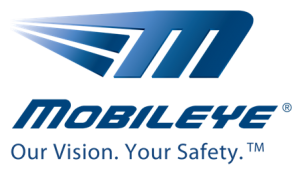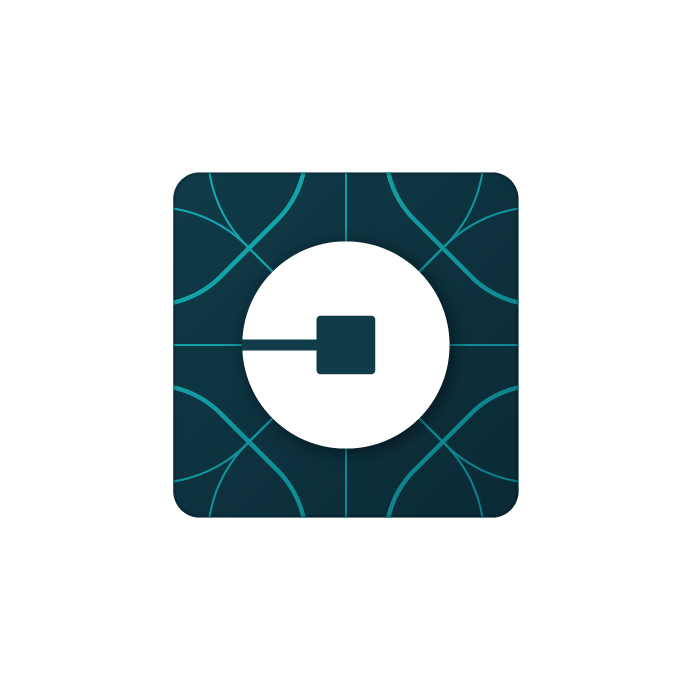California New Regs, Intel buys MobilEye, Waymo sues Uber
California has published updated draft regulations for robocars whose most notable new feature is rules for testing and operating unmanned cars, including cars which have no steering wheel, such as Google, Navya, Zoox and others have designed.
This is a big step forward from earlier plans which would have banned testing and deploying those vehicles. That that they are ready to deploy, but once you ban something it's harder to un-ban it.
One type of vehicle whose coverage is unclear are small unmanned delivery robots, like we're working on at Starship. Small, light, low speed, inherently unmanned and running mostly on the sidewalks they are not at all a fit for these regulations and presumably would not be covered by them -- that should be made more explicit.
Another large part of the regulations cover revoking permits and the bureaucracy around that. You can bet that this is because of the dust-up between the DMV and Uber/Otto a few months ago, where Uber declared that they didn't need permits (probably technically true) but the DMV found it not at all in the spirit of the rules and revoked the licence plates on the cars. The DMV wants to be ready to fight those who challenge its authority.
Intel buys MobilEye
 Intel has paid over $15B to buy Jerusalem based MobilEye. MobilEye builds ASIC-based camera/computer vision systems to do ADAS and has been steadily enhancing them to work as a self-driving sensor. They've done so well the stock market already got very excited and pushed them up to near this rich valuation -- the stock traded at close to this for a while, but fell after ME said it would no longer sell their chips to Tesla. (Tesla's first autopilot depended heavily on the MobilEye, and while ME's contract with Tesla explicitly stated it did not detect things like cross-traffic, that failure to detect played a role in the famous Tesla autopilot fatal crash.
Intel has paid over $15B to buy Jerusalem based MobilEye. MobilEye builds ASIC-based camera/computer vision systems to do ADAS and has been steadily enhancing them to work as a self-driving sensor. They've done so well the stock market already got very excited and pushed them up to near this rich valuation -- the stock traded at close to this for a while, but fell after ME said it would no longer sell their chips to Tesla. (Tesla's first autopilot depended heavily on the MobilEye, and while ME's contract with Tesla explicitly stated it did not detect things like cross-traffic, that failure to detect played a role in the famous Tesla autopilot fatal crash.
In a surprising and wise move, Intel is going to move its other self-driving efforts to Israel and let MobilEye run them, rather than gobble them up and swallow/destroy them. ME is a smart company, fairly nimble, though it has too much focus on making low-cost sensors in a world where safety at high cost is better than less safety at low cost. (Disclaimer: I own some MBLY and made a nice profit on it in this sale.)
MobilEye has been the leader in doing ADAS functions with just cameras and cameras+radar. Several other startups are attempting this, and of course so is Tesla in their independent effort. However, LIDAR continues to get cheaper (with many companies, including Quanergy, whom I advise, working hard on that.) The question may be shifting from will it be cameras or lasers? to "will it be fancy vision systems with low-end LIDAR, or will it be high-end LIDAR with more limited vision systems?" In fact, that question deserves another post.
Waymo and Uber Lawsuit
I am not going to comment a great deal on this lawsuit, because I am close with both sides, and have NDAs with both Otto and formerly with Google/Waymo. There are lots of press reports on the lawsuit, filed by Waymo accusing Anthony Levandowski (who co-founded Otto and helped found the car team at Google) of stealing a vast trove of Google's documents and designs. This fairly detailed Bloomberg report has a lot of information, including reports that at an internal meeting, Anthony told his colleagues that any downloading he did was simply to allow work from home.
 The size of the lawsuit is staggering. Since Otto sold for 1% of Uber stock (worth over $750M) the dollar values are huge, particularly if, as Google alleges, they can demonstrate Uber encouraged wrongdoing. At the same time, if Google doesn't prove their allegations, Otto and Anthony could file for what might be the largest libel lawsuit in history, since Google published their accusations not just in court filings, but in their blog.
The size of the lawsuit is staggering. Since Otto sold for 1% of Uber stock (worth over $750M) the dollar values are huge, particularly if, as Google alleges, they can demonstrate Uber encouraged wrongdoing. At the same time, if Google doesn't prove their allegations, Otto and Anthony could file for what might be the largest libel lawsuit in history, since Google published their accusations not just in court filings, but in their blog.
One reason that might not happen is that Uber is seeking to force arbitration. Like almost all contracts these days, the contracts here included clauses forcing disputes to go to arbitrators, not courts. That will mean that the resolution and other data remain secret.
It's very serious for both sides. Some have said it's mission critical for Uber, though I have disputed that, pointing out that even if Uber fails to develop good self-drive technology, they remain free to buy it from other people. That's something the other players can't do -- even Lyft which has bound itself up with GM for now.
At the same time, Uber should fear something else. Uber is nothing, a $0 company, without iPhone and Android. (There is a Windows mobile app but it's very low penetration.) Uber could push all drivers to iPhone, but if they ever found themselves unable to use Android for customers, they would lose more than they can afford.
I am not suggesting Google would go as far as to pull or block the Uber app on Android if it got into a battle. Aside from being unethical that might well violate antitrust regulations. But don't underestimate the risk of betting half your business on a platform controlled by a company you go to war with. There are tricks I can think of (but am not yet publishing here) which Google could do which would not be seen as unfair or anti-competitive but which could potentially ruin Uber. Uber and Google will both have to be cautious in any serious battle.
In other Uber news, leaked reports say their intervention rate is still quite high. Intervention figures can be hard to interpret. Drivers are told to intervene at the smell of trouble, so the rate of grabbing the wheel can be much higher than the rate of actual problems. These leaks suggest, however, a fairly high rate of actual problems. This should remind people that while it's pretty easy for a skilled team to get a car on the road and doing basic driving in a short time, there is a reason that Google's very smart team has been at it 9 years and is still not ready to ship. The last 1% of the work takes 99% of the time.








Add new comment